RECENT COMMENTS
Potterfield shares a history of the Richmond landscape
Nonesuch Place: A History of the Richmond Landscape by T.Tyler Potterfield, Oregon Hill resident and a planner with the City of Richmond Department of Community Development, was published this month by The History Press. Potterfield has written a fantastic little book that presents a facet of Richmond history in a new and cohesive fashion.
Potterfield lays out that the 157 page book “is intended as a concise history of the landscape of Richmond”, or at least Richmond up until 1942 (the year that preperation began for Richmond’s first master plan). Given the patchwork growth of the city after 1742, the 1942 boundaries encompass the Richmond formed before the automobile changed everything.
This history is a look at the natural and man-made features of the Richmond landscape, and our treatment of the greenspaces, waterways, hills, and valleys that makeup the topography of the city. First and foremost is the James River and the Fall Zone that would determine not only where the European settlers set up shop but also how later generations would interact with the river. Potterfield describes the transition from the earliest Arcadian vision of the James River to later incarations of the waterway as the center of local industry.
The book tells of the urbanization of the land that became Richmond and shares the stories behind some of our most appreciated landscape elements: Hollywood Cemetery, Libby Hill Park, Monroe Park, the Carillon, Bryan Park, Forrest Hill Park, Maymont, the grounds of the Virginia State Capitol, Byrd Park, and more. Context is given to the development of Richmond’s trolley suburbs such as Barton Heights and Battery Park, and the later development of Windsor Farms.
Potterfield has put together a compelling and very accessible look at Richmond’s history. You can pick up a copy of Potterfield’s Nonesuch Place: A History of the Richmond Landscape at the Valentine Richmond History Center and copies should be available at any of the local bookshops (Fountain Books, Black Swan Books).


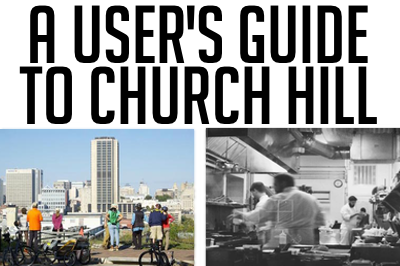
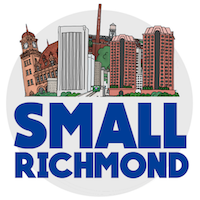

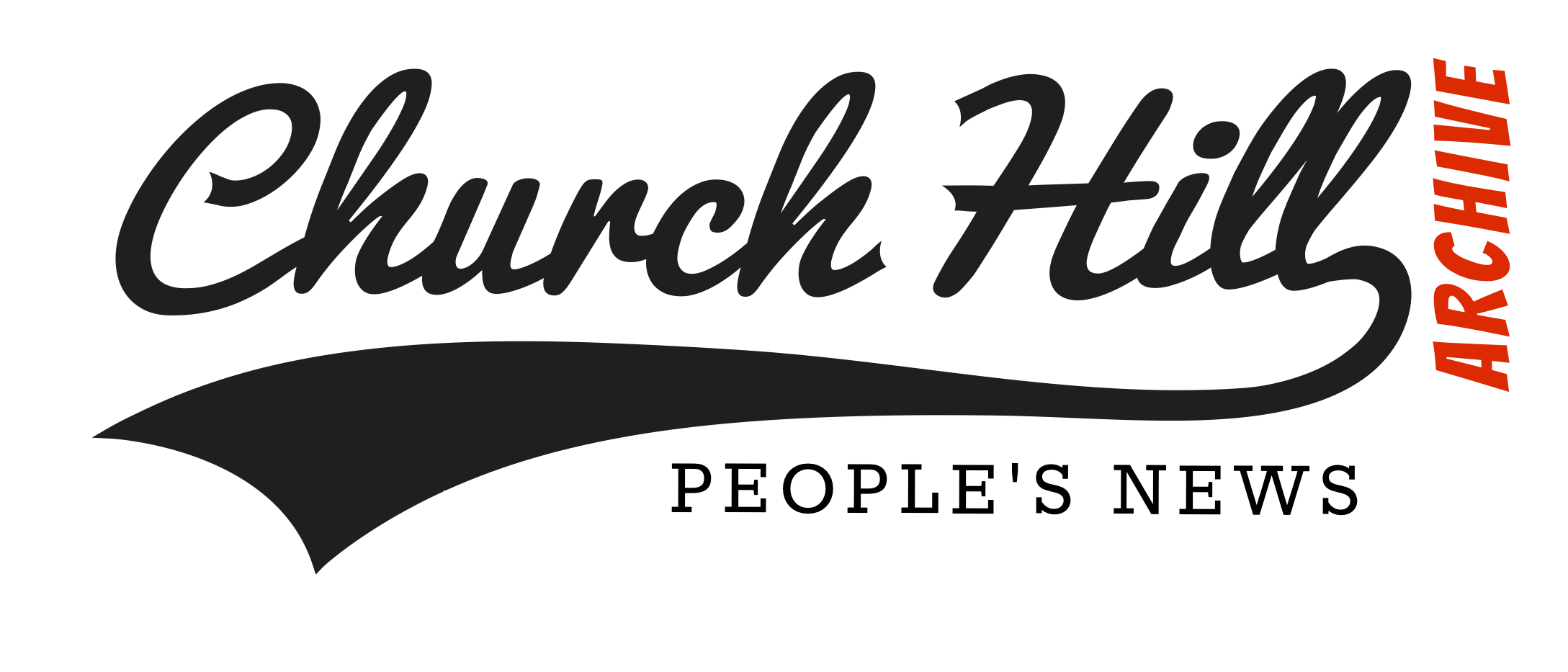
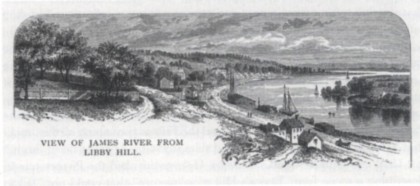
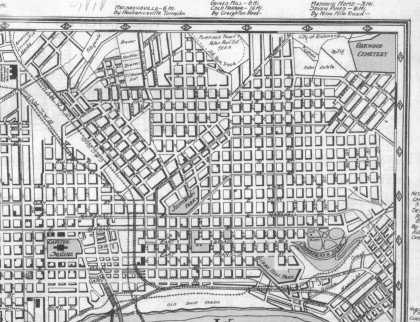
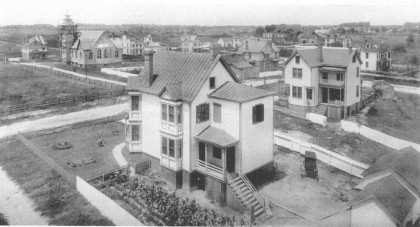
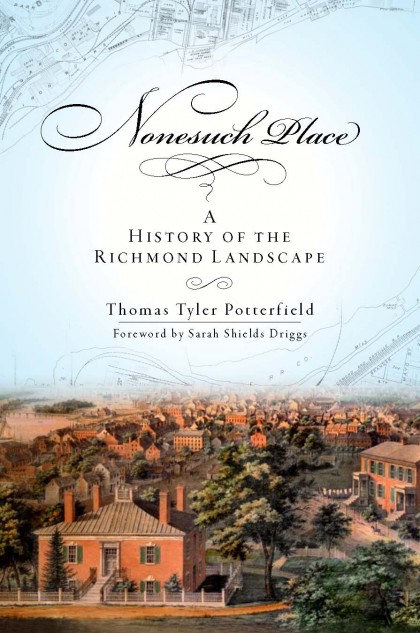
Thanks for posting this, I have been waiting for a book like this all about Richmond!
If you’re looking for more, I put together a round-up of Richmond-themed books a little while back.